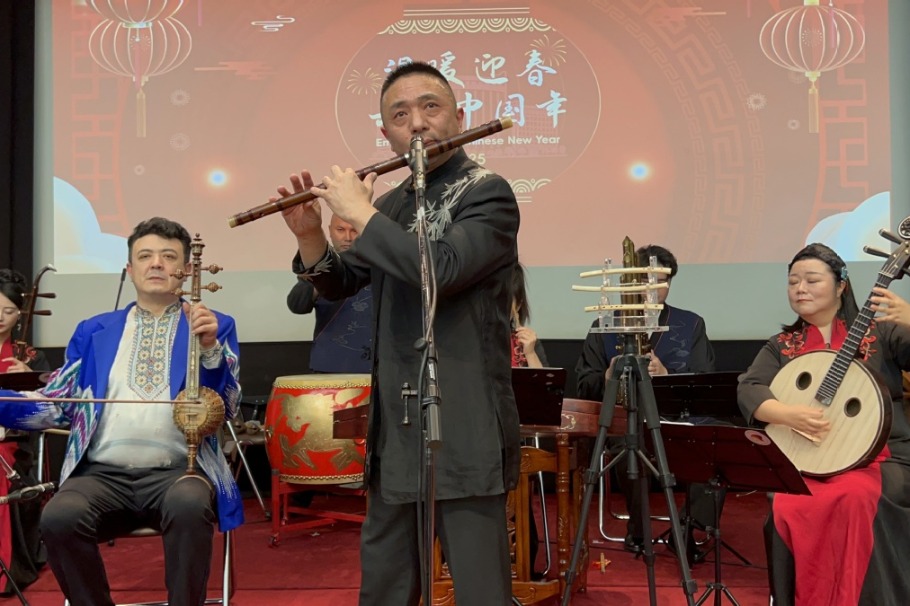EU faces a time of challenges
Boosting group's competitiveness, managing relationship with Beijing among major issues ahead


Call for dialogue
Lai, of Guangdong University of Foreign Studies, voiced her concern over the excessive emphasis on competition and security in every field, saying it will hurt bilateral cooperation.
"The current pragmatism should be sustained, and dialogue should continue. The two sides should re-discuss how to exit the sanctions against each other so that the strategic partnership could return to the right track," she said, referring to China's counter-sanctions on EU individuals and entities following EU's sanctions on Chinese individuals and entities in March 2021.
The tit-for-tat sanctions have led to a halt in the European Parliament in ratifying the Comprehensive Agreement on Investment that was reached after seven years of hard talks. The deal promises wider market access in China to EU businesses and investors and assures stronger protection for each other's investment.
China and the EU held their 24th summit in Beijing last December. China and the EU also hold regular high-level dialogues on a range of issues from people-to-people exchanges and environment and climate to economy and trade and digital cooperation.
Plevnik, of the Geoeconomic Forum Croatia, believes that the key factor behind EU-China relations remaining relatively healthy is China's persistent willingness to preserve and repair ties and make friends in Europe.
"China has never run a smear campaign against the EU. It has done more than others to help the EU during the COVID-19 pandemic, while its global agenda is multilateral and supportive to developing countries," she said.
She noted that besides relations at the China-EU level, the bilateral relations at the national level have also played a vital role, citing the facts that governments from France, Germany and Italy have recently stepped up diplomatic efforts with Beijing to improve ties.
Plevnik stressed that the upcoming US election will have a "profound effect" on EU-China relations, and for the EU, the health of China-US relations will have a bigger impact on EU-China relations.
She believes a Kamala Harris administration will most likely continue Joe Biden's policy while a second Donald Trump administration is less likely to press the EU to pivot to the "Indo-Pacific" region, thus helping improve regional stability.
Gajsek, of the Europe Asia Center, believes a Trump victory could reshape EU-China relations.
Given the entire European political establishment views Trump as an unreliable partner, "it may be challenging for them to follow his lead into an escalating Cold War against China", he said.
"This shift could pave the way for more positive EU-China relations."
In an op-ed on Sept 5, Jorg Rocholl, president of the Berlin-based European School of Management and Technology, said the EU should not be looking at the US election outcome "like a rabbit at a snake, hoping for a seemingly favorable result".
"Instead, it must independently and quickly define and work toward its own goals regardless of the result, even more so given its unpredictability," he said.
"Regardless of the US presidential election's outcome, Europe's interests don't fully align with Washington's. It's time to fully recognize this and draw the right conclusion," he said.
































